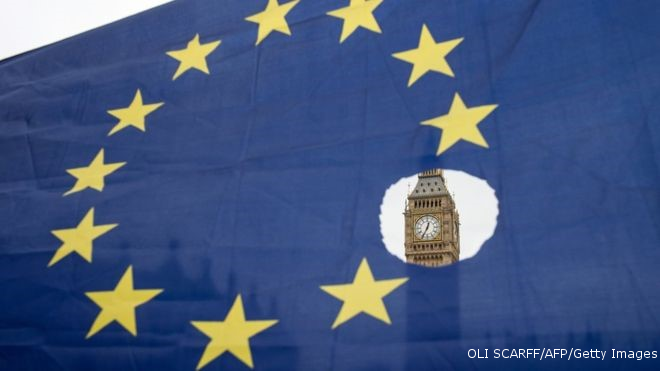Brexit Related Statutory Instruments
Synopsis: These pages provide information on secondary legislation, stemming from the European Union (Withdrawal) Act 2018, which corrects Northern Ireland law to make it work appropriately after the UK has left the European Union or enables the withdrawal agreement to be implemented.

EU Withdrawal Act 2018 - Statutory Instruments
When the UK leaves the EU, some existing laws and regulations will no longer apply or function properly. The European Union (Withdrawal) Act 2018 (EUWA), therefore, contains a correcting power that enables corrections to be made to law to make it work appropriately after the UK has left the EU. The EUWA also contains an implementing power, which is a limited power to enable the withdrawal agreement to be implemented as appropriate. This is a separate process from that by which the Government will bring forward a motion on the final agreement to be voted on by both Houses of Parliament before it is concluded. The correcting power and the implementing power can be used by:
(a) UK Government Ministers, who may Act in all areas, including those within devolved competence. The Government has stated, however, that they will not normally do so without the agreement of the relevant devolved authority.
(b) Scottish Ministers, the Welsh Ministers and the Northern Ireland departments, the “devolved authorities”, in their respective areas of devolved competence.
In some limited circumstances, a UK Government Minister may use the correcting or implementing powers jointly with one or more devolved authorities.
The National Assembly for Wales and the Scottish Parliament have agreed procedures to scrutinise UK Ministers use of the correcting power or implementing power in their areas of devolved competence.
Regulations within the competence of devolved authorities in Northern Ireland
The UK Government has decided that, in the absence of a Northern Ireland Executive ‘in the interest of legal certainty in Northern Ireland, UK Government Ministers will take through the necessary secondary legislation at Westminster for Northern Ireland, in close consultation with the Northern Ireland departments’.
As part of its research and information role, RaISe is tracking the use by UK Government Ministers of the correcting or implementing powers, by taking Statutory Instruments through Westminster, in areas within the competence of the devolved authorities in Northern Ireland. Statutory Instruments (SIs) are a form of secondary legislation. This is law created by Ministers (or other bodies) under powers given to them by an Act of Parliament. For a further explanation of this process, see a blog article that was published recently by RaISe.
SIs which relate only (or almost exclusively) to the law of Northern Ireland are usually identifiable by the inclusion of ‘Northern Ireland’ in their title. In other cases, however, changes to Northern Ireland law may be contained within SIs which apply more widely.
Northern Ireland SIs |
Other SIs relating to Northern Ireland Law |
The lists of SIs that have been identified through this tracking exercise are not definitive and full lists of all SIs can be found on the UK Parliament website and on the legislation.gov.uk webpages.
Disclaimer
These lists are based on information contained in the Explanatory Memorandum which accompanies each instrument and are provided by RaISe as part of its role in researching, collecting, and disseminating Brexit related material. The lists are not definitive and inclusion on a list does not constitute any sort of legal statement or advice regarding competence, application, content, or otherwise.



